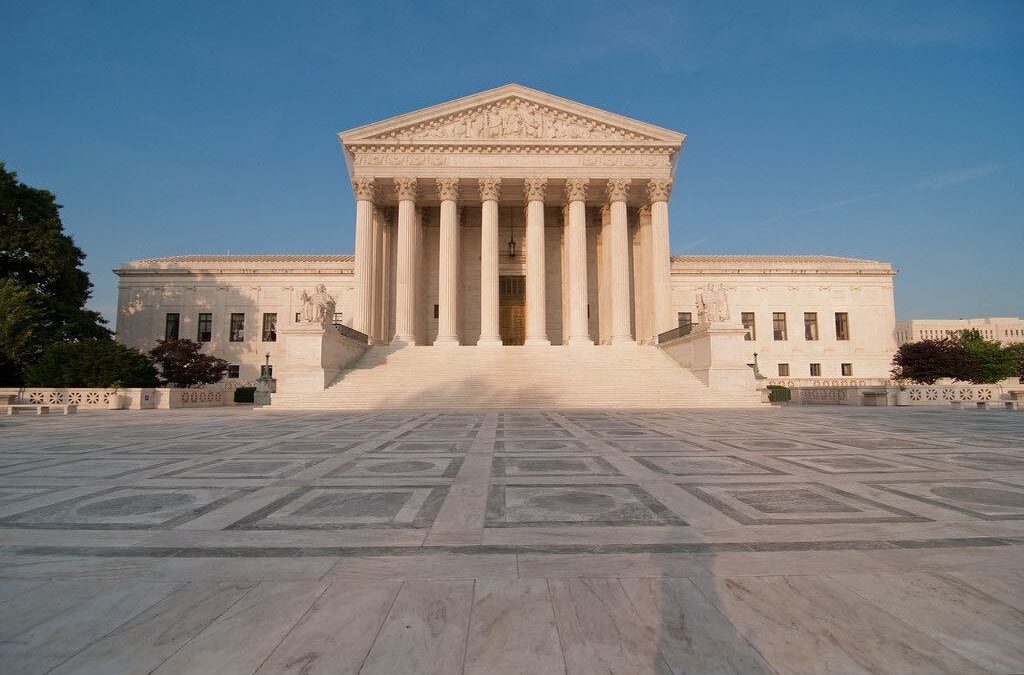WASHINGTON — The Supreme Court heard arguments Wednesday on whether law enforcement officers can be granted qualified immunity when using force to detain a suspect who has escaped or whether they can be charged under the Fourth Amendment with use of excessive force.
The focal issue is if a suspect must be successful detained to constitute seizure of a person under the Fourth Amendment.
Without a legally constituted seizure, the police were able to apply excessive force and receive qualified immunity.
Two Albuquerque, New Mexico police officers were granted qualified immunity after shooting Roxanne Torres. The respondents mistook her for their intended suspect as she sat in her car. After the officers attempted to open her car door without identifying themselves, she thought they were carjackers and drove away. The officers open-fired, striking her twice with bullets. She continued to drive and eventually arrived at a hospital 75 miles away.
Lawyers for the officers told the Supreme Court that because Torres escaped custody, she was never “seized” so the officers were rightly exempted from punishment for violating her Fourth Amendment right to be protected against arrest without a warrant or probably cause.
But Torres’ lawyer said her not staying in place is not the point.
“By the (appeals) court’s reasoning, respondents could’ve shot Ms. Torres without any provocation and it would not have violated the Fourth Amendment because instead of remaining in the parking lot, she drove herself to the hospital,” Kelsi Corkran, her lawyer, said.
Several justices questioned the lawyers on the interpretation of a “seizure” in the context of the Fourth Amendment. The amendment provides that American are protected against “unreasonable searches and seizures” without probably cause.
Torres’ lawyer argued that a seizure begins upon physical impact to the person’s body. This would include projectiles, such as a bullet. It would not matter if the suspect was successfully detained, as long as some physical impact occurred.
But the lawyer representing the police said that a seizure consists of physical possession of the suspect by the officers, noting the framers of the Constitution specifically used the phrase “seizure” rather than “arrest.”
“If Ms. Torres stopped within a reasonable distance… allowing a reasonable amount of time for the police to go and acquire control over her as a result of them shooting her and stopping her, then yes, that certainly would constitute a seizure,” Mark Standridge, Madrid’s lawyer, said.
An opinion by the court will be released after this session ends in April 2021.

